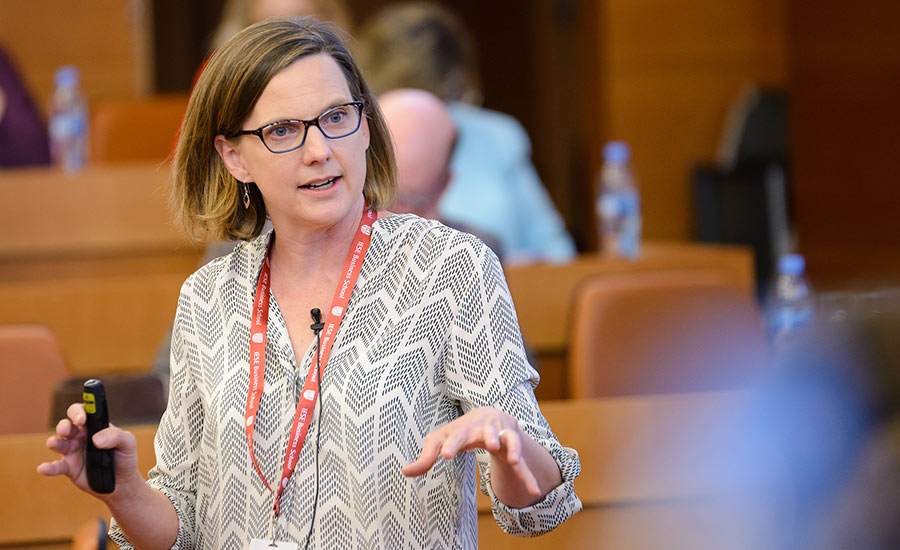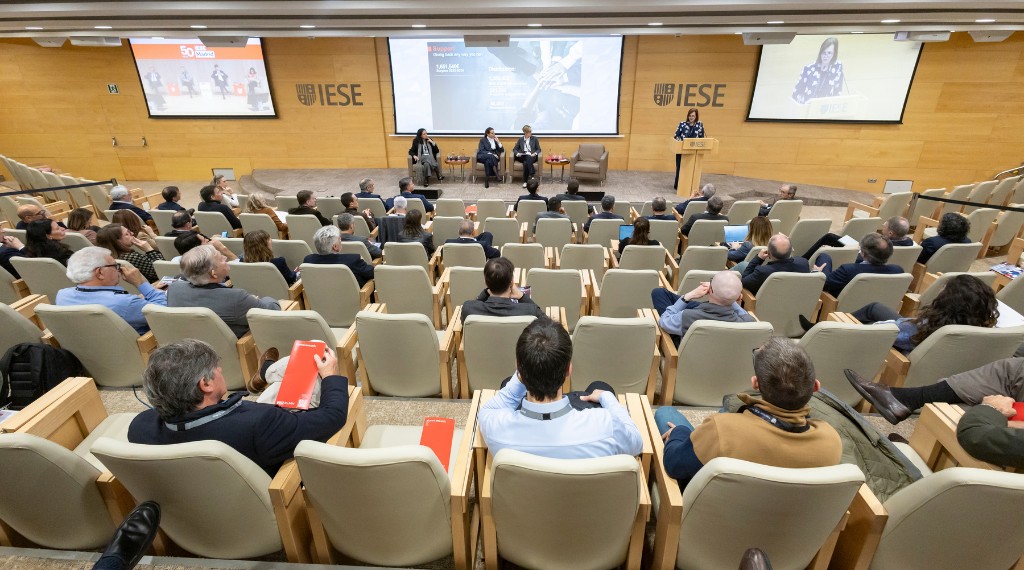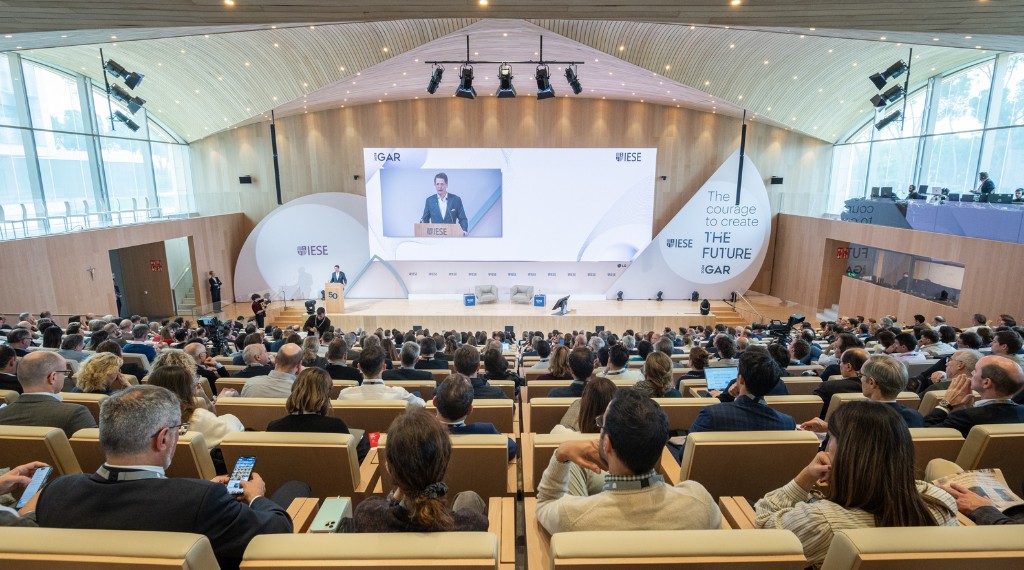Stories
Gender Inequality in Workplace Persists, Sometimes Where Least Expected
Experts urge companies to be more flexible and diverse
July 5, 2017

After decades of efforts to combat discrimination, why is gender inequality such a problem in the workplace, even in new industries such as Silicon Valley? And what can be done to reduce it?
Dr. Kathleen Christensen, director of the Sloan Foundation’s Working Longer program, and MIT Sloan School of Management Prof.Erin Kelly shared their thoughts on this issue in a panel this week organized by the Alumni Association. The panel was moderated by Helen Barrett, editor of the Work and Careers section of The Financial Times.
Workplace Rules Need Rewriting
Both Kelly and Christensen coincided in their belief that for true progress to be made, the corporate world must redesign the workplace to allow for greater flexibility in areas such as schedules, telecommuting and maternity leave, and must create an atmosphere where diversity is valued. There needs to be a larger number of women in management positions, on corporate boards and in business schools.
“The cards are currently stacked for people without outside responsibilities,” Kelly said. “Being more flexible towards bodily changes (such as pregnancy) in the workplace is possible. It doesn’t have to be the way it is today.”
Both speakers warned against focusing only on women – and ignoring men – in the push for gender equality. “We should push towards more inclusive environments and in this way, we can then get the full capacity of all of those numbers because everyone feels they can share and contribute,” Kelly said. “If we can’t accept the full range of ways people enact their masculinity or femininity, then individuals will be penalized for acting against those norms.”
“We need to recognize the dignity and contributions of each person. Diversity can produce innovation and positive performance when managed well,” Christensen agreed. “But creating diversity without addressing the way people interact is not going to create progress.”
And sometimes the sexist behavior is subtle. “I’ve been in the workplace a long time and there are still so many micro-biases and aggressions: talking over women, not acknowledging what a woman says until a man says it, etc. We need to find a way to deal with the deep-seated implicit bias,” Christensen said.
New Industries Suffer Old Problems
Women’s reluctance to speak out against these slights is often the fruit of being a minority presence in a company. “Women can police bad behaviors if they feel they aren’t a minority.The workforce has changed dramatically since the 70s but the workplace hasn’t caught up,” Christensen said.
And even in new industries such as Silicon Valley, sexism has remained a problem. As profitable and dynamic as start-ups may be, the tech industry is also known for its difficulties in recruiting female talent and for creating work environments hostile to women. Just recently, Travis Kalanick, the founder and CEO of Silicon Valley´s highest-flying start-up – Uber – resigned after a slew of scandals including sexual harassment allegations.
At the same time, the vast majority of venture capital goes to companies founded by men. According to Bloomberg, companies founded by women received an average of $77 million from venture capitalists in 2016, compared with $100 million for male-led start-ups. Christensen encouraged female investors to look for companies with female CEOs and founders to invest in, in order to reduce this funding discrepancy.
And women must feel they can speak up. Christensen emphasized the importance of women in positions of authority sharing the struggles they have faced so that companies realize that change is critical to attracting talent and ensuring the health of employees. She said that though it constitutes a risk, speaking out publically against sexist behavior is critical to changing industries where gender inequality is not catching on.
Business schools play their part. “Students are eager to discuss issues related to gender equality and incorporating this discussion into the curriculum is something to consider,” Kelly added.
The session coincided with the VII International Conference of Work and Family and the International Conference of Women and Leadership, both directed by IESE Profs.Nuria Chinchilla and Mireia Las Heras.


